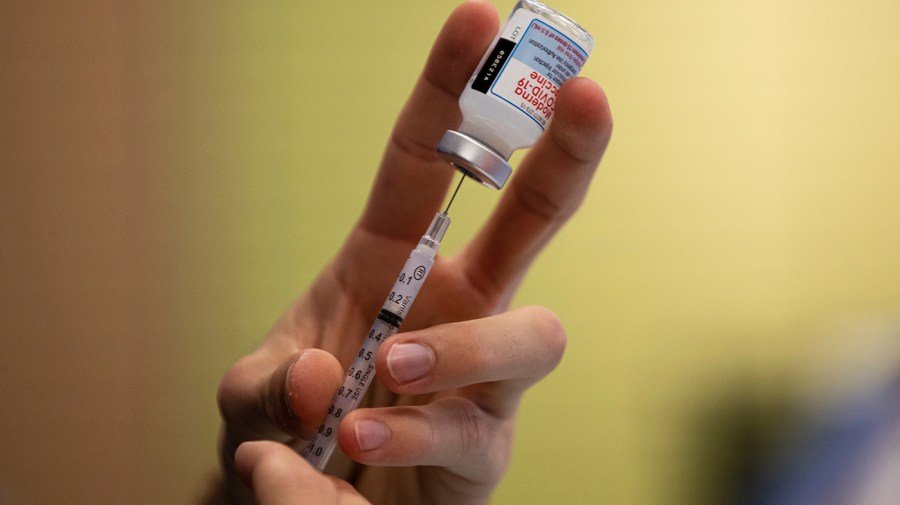The contracts were funded through the Biomedical Advanced Research and Development Authority. Kennedy falsely argued that the vaccines fail to effectively protect people against upper respiratory infections like COVID-19 and the flu, and don’t work if a virus mutates.
Kennedy now wants HHS to focus on vaccine platforms with “stronger safety records.”
The FDA approved two mRNA vaccines against the COVID-19 virus, and research shows that the shots prevented 14.4 million deaths during the first year they were used.
Vaccines typically take years to develop, but the mRNA shots were developed in record time thanks to a massive influx of funding from the first Trump administration, dubbed Operation Warp Speed. Kennedy’s moves threaten to undercut those achievements.
“It’s pretty clear that the administration, or at least the secretary, has a political vendetta not just against vaccines but against mRNA in general,” said Jeff Coller, a professor of RNA biology and therapeutics at Johns Hopkins University.
Kennedy, a well-known vaccine skeptic, has faced pressure from fellow anti-vaccine supporters to push mRNA vaccines off the market. He has a particular dislike for mRNA vaccines and once falsely claimed that the mRNA COVID-19 vaccine was the “deadliest vaccine ever made.”
Health experts warn that the move also places the U.S. behind other countries in biomedical research and sends a message to scientists to avoid work related to mRNA technology.
Preliminary data show that mRNA vaccines have potential use for treating diseases like cancer. If scientists don’t further explore how the technology can be used, sick Americans could miss out on breakthrough treatments.
Other experts worry the decision weakens national security and could open the country up to public health emergencies caused by biological warfare.
“One of the ways to deter that from happening is to say the United States is committed to preparedness,” said Jennifer Nuzzo, a professor of epidemiology and director of the Pandemic Center at Brown University School of Public Health.
She added that when the U.S. removes multiple protections from biological hazards, it sends a signal to its adversaries that it is “no longer interested” in defending itself.
